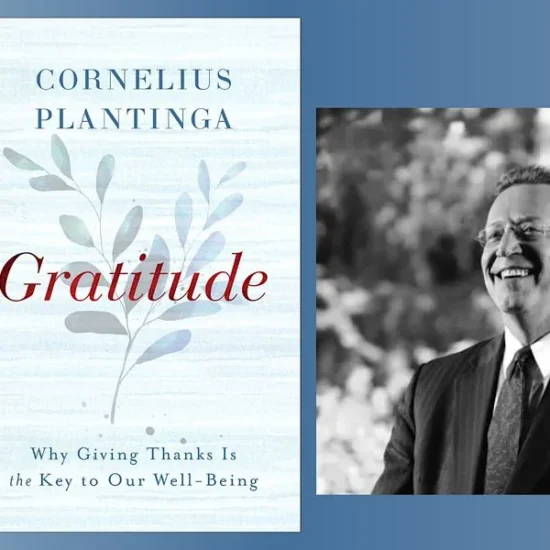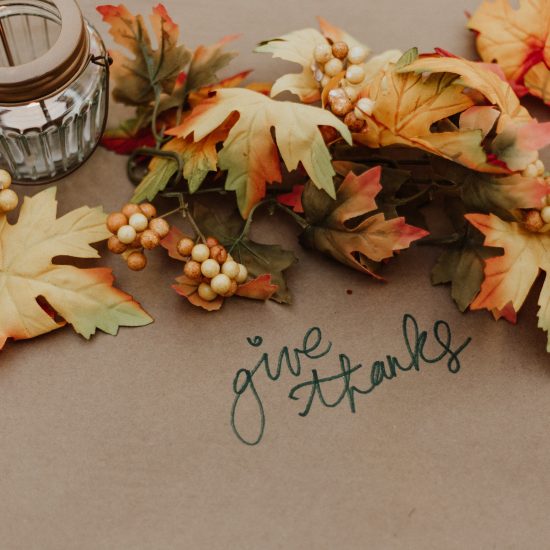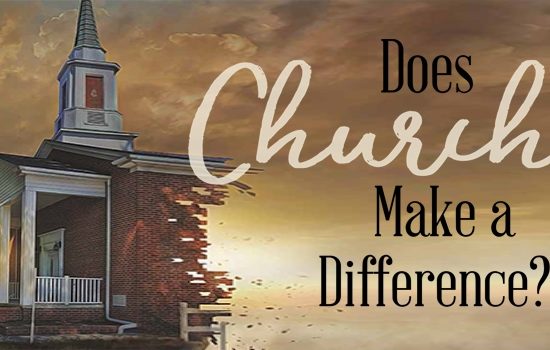What do we know about the first Thanksgiving celebration?

Bill Webb
|
Youngsters in elementary school could probably give a detailed answer: They would suggest that the very first celebration was in 1621 in Plymouth and that the principle attendees were the Pilgrims and a group of native peoples usually identified as the Wampanoag.
The Pilgrims were Protestants from England who were still very new to the country and to the rigors of living off the land while the native peoples had thousands of years of survival experience in the so-called New World that included parts of what would become Rhode Island and Massachusetts.
The Pilgrims lost half of their original 110 travelers during their first winter in the new land and may not have survived as a group at all if not for the intervention of the Wampanoag and one of their number named Tisquantum, better known as Squanto. Upon their first meeting, Squanto told the Pilgrims about his own voyages to Spain and England, where he learned English.
Squanto taught the visitors how to tap maple trees for sap and how to plant and fertilize corn and other crops. He also identified native plants that possessed medicinal powers and pointed out plants that were poisonous. After a bountiful harvest that first growing season, the native peoples and the early English immigrants agreed to a three-day celebration that involved bow-and-arrow and musket shooting, drum-playing, dancing and, of course, eating corn and other vegetables, shellfish and venison.
The second growing season was not as successful and the third suffered from lack of rain. Tradition holds that Gov. William Bradford called for a day of prayer. In its wake, the rains came, the crops rebounded and the Pilgrims set aside a day of thanksgiving.
It was not until 1817 that New York State adopted Thanksgiving Day as an annual custom. Many other states followed suit. In 1863, President Abraham Lincoln proclaimed the day as a national holiday.
While Americans celebrate the earliest peaceful observance of Thanksgiving, the descendants of the Wampanoag today recall that the peace was short-lived. To them, Thanksgiving Day is also a reminder of subsequent betrayal and bloodshed.
Of course, thanksgiving is not a creation of early American settlers. The admonition to give thanks appears early in the Old Testament.
David celebrated the recovery of the Ark of the Covenant from the Philistines, called the Israelites together and said, "Give thanks to the Lord, for he is good; his love endures forever. Cry out, 'Save us, God our Savior; gather us and deliver us from the nations, that we may give thanks to your holy name, and glory in your praise'" (1 Chronicles 16:34-35 New International Version).
The Bible is full of admonitions for people to give thanks to God for provision, protection and a multitude of other blessings. Nowhere is that more true than in the Psalms.
For example, the psalmist wrote and sometimes sang:
"I will give thanks to the Lord because of his righteousness; I will sing the praises of the name of the Lord Most High" (Psalm 7:17 NIV).
"I will give you thanks in the great assembly; among the throngs I will praise you" (Psalm 35:18 NIV).
"Enter his gates with thanksgiving and his courts with praise; give thanks to him and praise his name" (Psalm 100:4 NIV).
"Let them give thanks to the Lord for his unfailing love and his wonderful deeds for mankind…." (Psalm 107:8 NIV).
"I will give you thanks, for you answered me; you have become my salvation" (Psalm 118:21 NIV).
Daniel responded to a royal decree prohibiting worship of God by going to his room, opening his window toward Jerusalem and praying three times a day, each time giving thanks to God (Daniel 6:10).
Giving thanks was a theme of the Apostle Paul, who lived in a constant state of gratitude to God. "But thanks be to God! He gives us the victory through our Lord Jesus Christ," he exclaimed in 1 Corinthians 15:57 (NIV).
Jesus gave thanks repeatedly to God, on occasion giving blessings for food and seeing the provision multiplied. As he administered the first Lord's Supper in the upper room, he gave thanks for the wine and the bread. He also thanked God for his followers.
Believers have every reason to continually give thanks to God; this is where true thanksgiving begins. When this kind of thanksgiving overflows, we find ourselves becoming the kind of people who make it a point to express gratitude to others. To become such a person is a blessing itself.
Few gifts are as precious as a genuine word of thanks. It is an expression of worth and value, and an encouragement to keep up service to God and others.
We all would do well to give greater attention to developing a thanksgiving lifestyle.
Bill Webb is editor of Word&Way.





